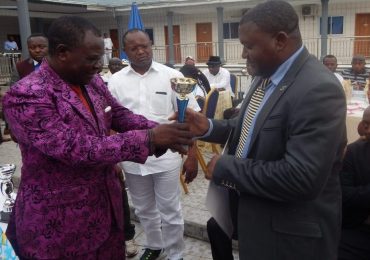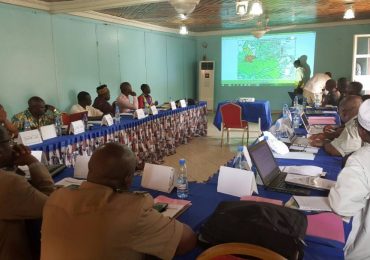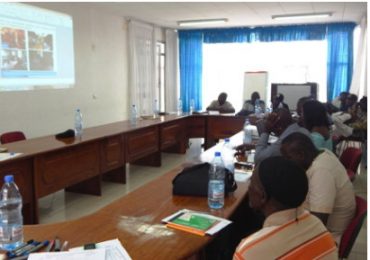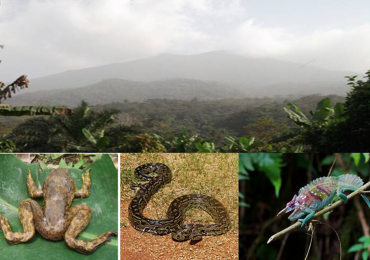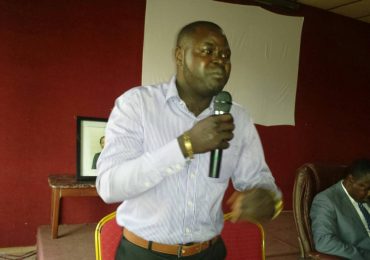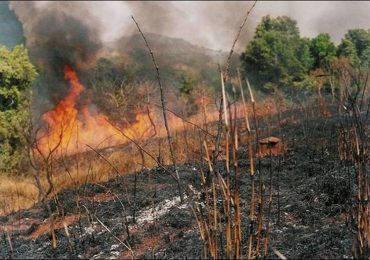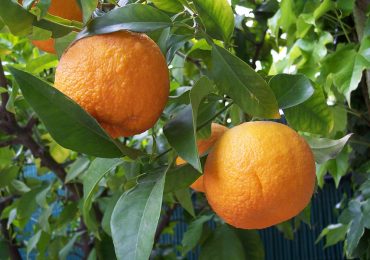As if life is not already cruel enough, farmers in most rural areas of Cameroon often incur huge post-harvest losses due to a number of reasons. The farmers are always at a loss to sell their agricultural produce, transport them to markets or store them for future use.
By Njumbe Peter Salle
 In Kupe-Muanenguba Division in the South West Region, as elsewhere in Cameroon, farmers face any number of difficulties to include the awful lack of markets to sell their produce, little finance especially with big farms, unavailability of insecticides and herbicides, high cost of transportation of planting materials and finished products, the problems of information dissemination to the farmers and acquisition of farm inputs, need for storage facilities for the preservation of farm produce and lack of techniques and training of farmers.
In Kupe-Muanenguba Division in the South West Region, as elsewhere in Cameroon, farmers face any number of difficulties to include the awful lack of markets to sell their produce, little finance especially with big farms, unavailability of insecticides and herbicides, high cost of transportation of planting materials and finished products, the problems of information dissemination to the farmers and acquisition of farm inputs, need for storage facilities for the preservation of farm produce and lack of techniques and training of farmers.
All these horde of problems continue to frustrate the Kupe-Muanenguba farmers and their counterparts in other Divisions.
Driven to the wall by these predicaments, farmers in Bangem on March 11, 2015 held a meeting in an attempt to find solutions to the problems that draw them back in their farming activities.
The meeting was attended by villagers found around Bangem town including officials from the Delegation of the Ministry of Agriculture and Rural Development (MINADER) and ERuDeF. It was chaired by Sub-divisional Delegate of MINADER for Kupe-Muanenguba, Nteh Godlove Dinayen.
The meeting was aimed at finding a lasting solution to the problem of market for maize produced in the area.
The Sub-divisional Delegate advised the farmers to organize themselves into common initiative groups (CIGs) and cooperatives. He said the farmers should form cooperatives for different crops, thereby belonging to more than one cooperative.
Bangem is one of the highest producers of maize in the South West Region yet farmer’s efforts are not realized due to post-harvest problems.
The Delegate encouraged the farmers to form groups and to produce more and benefit from incentives.
The farmers should be able to quantify their produce and farm sizes, to enable buyers and sellers to find permanent markets for them. Meanwhile, maize could be preserved with the use of insecticides to reduce post-harvest loss.
As for the bad roads, “If there are ten problems frustrating agricultural development in Kupe-Muanenguba Division, all are the problem of roads,” said Ekundime Divine Ngole, the then Chief of Section for Agricultural Development for Kupe-Muanenguba.
However, farmers were advised to sell their crops during the dry season when the roads are passable. In addition, farmers need to declare what quantity of maize they have to attract buyers and investors who are concerned with maize.
Finally, the creation and establishment of a maize cooperative to take care of production, distribution and commercialization was mooted and a committee to draw an article of association was selected.
The members include: Enongene Julius as chairperson, Kang Primus as secretary. Other members of the committee are Ekane Ajang, Njabe Ernest, Epie Ephraim and Tankem.
March 25, 2015 was slated for registration of members, adoption of the constitution and the election of the executives.



